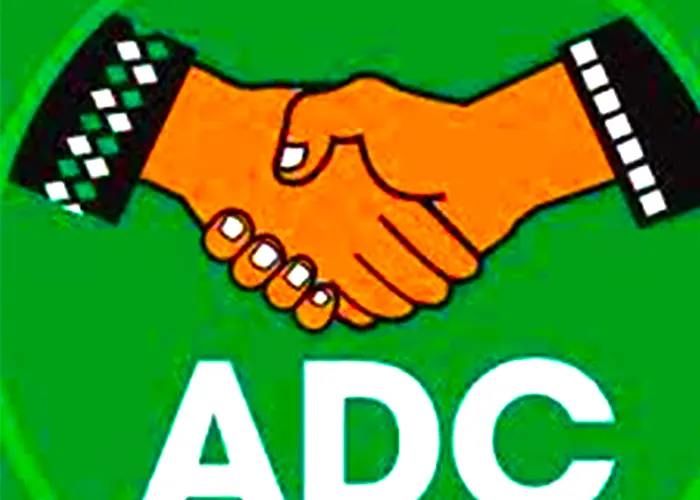Once again, Nigeria’s currency, the Naira, has made significant gains against the US Dollar in the official foreign exchange market. According to official data from FMDQ, the Naira strengthened to N806.73 against the US Dollar on Tuesday, marking an impressive increase from N837.77 the previous day.
This upward trend signifies a reassuring N31.04 surge in the local currency compared to its standing on Monday, portraying the second strengthening of the Naira within the week. The positive development coincided with a notable growth in forex turnover, which reached $73.94 million at the close of trading on Monday, reflecting a substantial 32.87% increase from the previous day.
However, despite the Naira’s remarkable performance in the official market, it experienced a marginal depreciation at the parallel market, trading at N1170 against the US Dollar on Tuesday, compared to N1165 the day before.
In light of these fluctuations, the Governor of the Central Bank of Nigeria (CBN), Dr. Olayemi Cardoso, addressed the issue of the persistent exchange rate volatility during his speech at the Chartered Institute of Bankers of Nigeria (CIBN) 50th anniversary. Dr. Cardoso expressed concerns that the fluctuating exchange rate was hindering business growth and pledged to foster transparency and fairness in the bank’s operations.
“I’m confident and optimistic that by taking appropriate corrective actions and strategic steps, we can restore macroeconomic stability and address fundamental flaws,” Dr. Cardoso stated emphatically.
The volatility in the FX market can be traced back to June 14 when CBN adopted a floating exchange rate for the Naira, resulting in continued fluctuations in the country’s currency. Shedding light on the broader economic implications, financial expert Prof. Godwin Oyedokun attributed Nigeria’s forex crisis to weak economic fundamentals, low foreign reserves, increased external debts, and the presence of a dual forex window.
The Naira’s recent performance in the forex market serves as a barometer of Nigeria’s economic landscape, reflecting the complexities and challenges of the country’s financial ecosystem. As the global economy continues to evolve, the resilience and adaptability of Nigeria’s currency hold significant implications for the nation’s economic trajectory, warranting a concerted effort from stakeholders to address the underlying issues and foster stability in the forex market.



